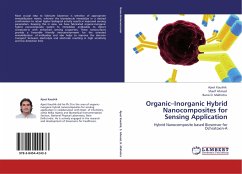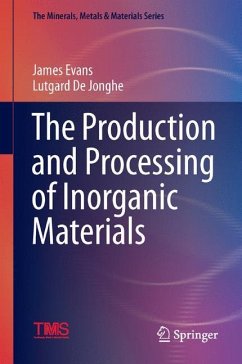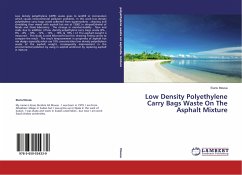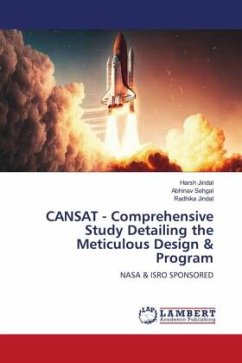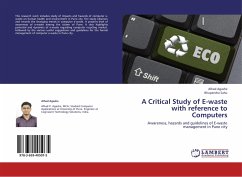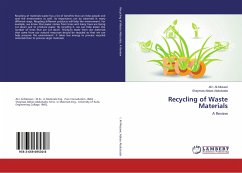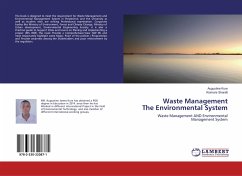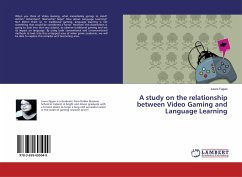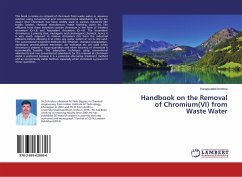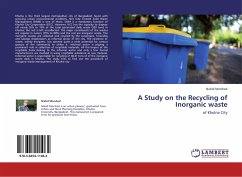
A Study on the Recycling of Inorganic waste
of Khulna City
Versandkostenfrei!
Versandfertig in 6-10 Tagen
32,99 €
inkl. MwSt.

PAYBACK Punkte
16 °P sammeln!
Khulna is the third largest metropolitan city of Bangladesh faced with growing urban environmental problems. Not fully formed Solid Waste Management (SWM) is one of them. SWM is a mandatory function of Khulna City Corporation (KCC). However, KCC has the capacity to dispose off nearly 55% to 70% of the total generated daily waste (520 tons) in Khulna; the rest is left uncollected. The major constituents of the wastes are organic in nature (75% to 80%) and the rest are inorganic waste. The inorganic wastes are collected and recycled by the scavengers, feriwallas and salvage shopkeepers as inform...
Khulna is the third largest metropolitan city of Bangladesh faced with growing urban environmental problems. Not fully formed Solid Waste Management (SWM) is one of them. SWM is a mandatory function of Khulna City Corporation (KCC). However, KCC has the capacity to dispose off nearly 55% to 70% of the total generated daily waste (520 tons) in Khulna; the rest is left uncollected. The major constituents of the wastes are organic in nature (75% to 80%) and the rest are inorganic waste. The inorganic wastes are collected and recycled by the scavengers, feriwallas and salvage shopkeepers as informal sector of the city. The existence of waste, mainly inorganic, has opened quite a wide potential for various groups of the community to utilize it. Informal sector is playing a prominent role in collection of recyclable materials. All the buyers of the recyclable items belong to the informal sector and only a few formal manufacturers are involved in using recyclable substance as raw material. Informal sector is responsible for recycling of 48.41 tons of of the inorganic waste daily in Khulna. This study tries to find out the procedure of inorganic waste management of Khulna city.



